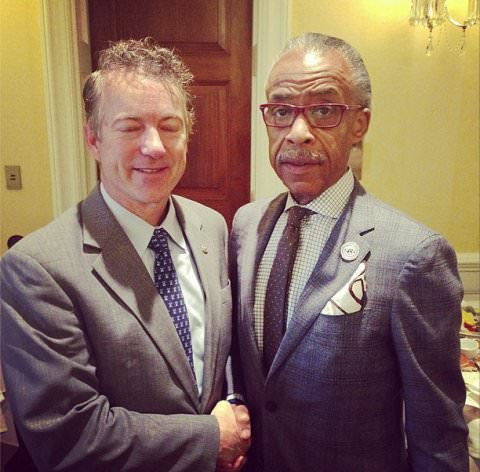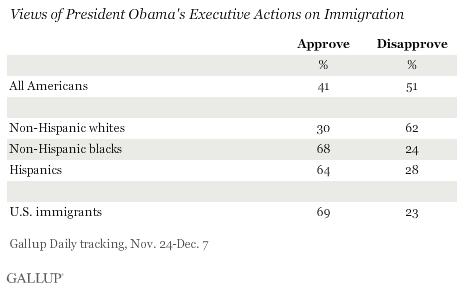It seems that every potential 2016 presidential candidate has at least one electability problem. Some have more than one.
Hillary Clinton is tied to the Obama administration's foreign policy and the Clinton administration's scandals. Born October 26, 1947, she would be 69 years old on Election Day, which would make her the second-oldest president after Ronald Reagan.
Elizabeth Warren, born June 22, 1949, is almost as old as Clinton. She has won only one election, in liberal Massachusetts, and her progressive politics probably would not travel well in a general election. (Think Dukakis and Kerry.) The false claims of
Cherokee heritage won't help, either.
Jeb
Bush is named Bush. He also supports
Common Core.
Paul
Ryan proved in 2012 that he is very bright but uninspiring on the campaign trail. Vice presidential candidates seldom help their tickets, and he was no exception: the Republicans lost his home state of Wisconsin. And as chair of the House Ways and Means Committee, he has a real job that would severely limit his campaign time.
Mike
Huckabee is well-liked. He also tends to make the kind of
gaffes that would sink candidates who reach the top tier.
Chris
Christie flunked his 2012 vice presidential vetting. Bridgegate might not bring him down, but the other stuff could. Also, his temper -- like Warren's liberalism -- will not appeal outside the Northeast.
Rand Paul has shown terrible judgment in associating both with neo-Confederates and Al Sharpton.
Marco Rubio has alienated much of the GOP base over the issue of immigration. And if Bush gets in, much of his anticipated Florida money will disappear.
Scott Walker won reelection in 2014 despite a campaign finance scandal. In a presidential race, however, the relevant documents will be subject to scrutiny by a large cadre of more-skillful and better-equipped opposition researchers. The email trove will be like a natural gas well that reopens when a new technology becomes available. Call it political fracking.
Ted Cruz has alienated colleagues in the party with counterproductive legislative tactics. Many Republican officials hate him, and they will undercut him in ways both obvious and subtle.
Bobby
Jindal is still best-known for his disastrous State of the Union response. He is
unpopular back home in Louisiana.
Rick
Perry is still best-known for "Oops." Perhaps it will lower expectations for him. But another problem is that he will no longer be governor of Texas, and will not be able to gather "access money."
John Kasich expanded Medicaid, which might not hurt him in a general election but would cost him conservative support in GOP primaries. And if Christie and Bush get in the race, it is hard to see that there will be many votes left in the establishment bracket
Dr. Ben Carson is a world-class surgeon but has never held office or run a large organization. Every president has had one of those two experiences. His oratory may give him an early boost, but at some point, his lack of qualifications will kick in.
Carly
Fiorina, like Dr. Carson, has never won an election, but she has run an organization (HP). That's her problem: HP sacked her for poor performance, and her stewardship opens her up to the kind of "callous clueless rich person" attack that hurt Romney. And at least Romney could make a plausible case that he was successful at Bain.


